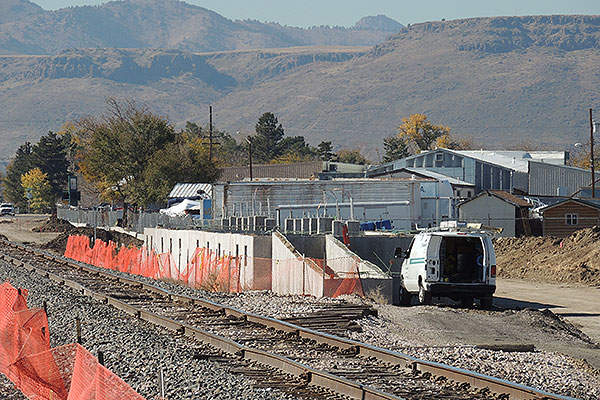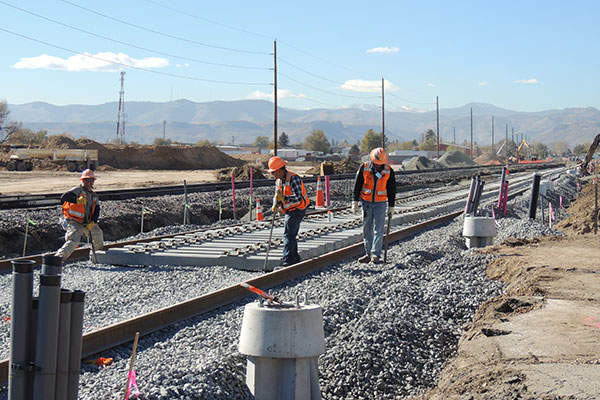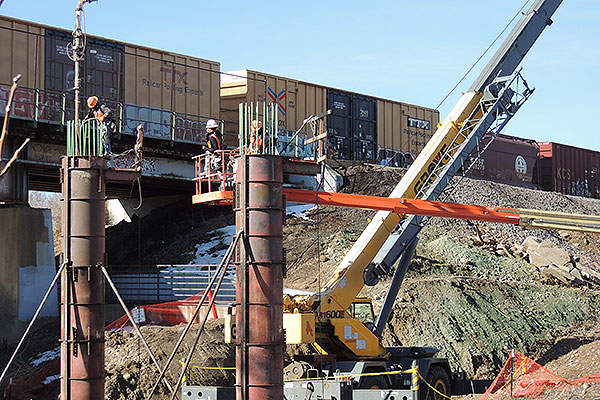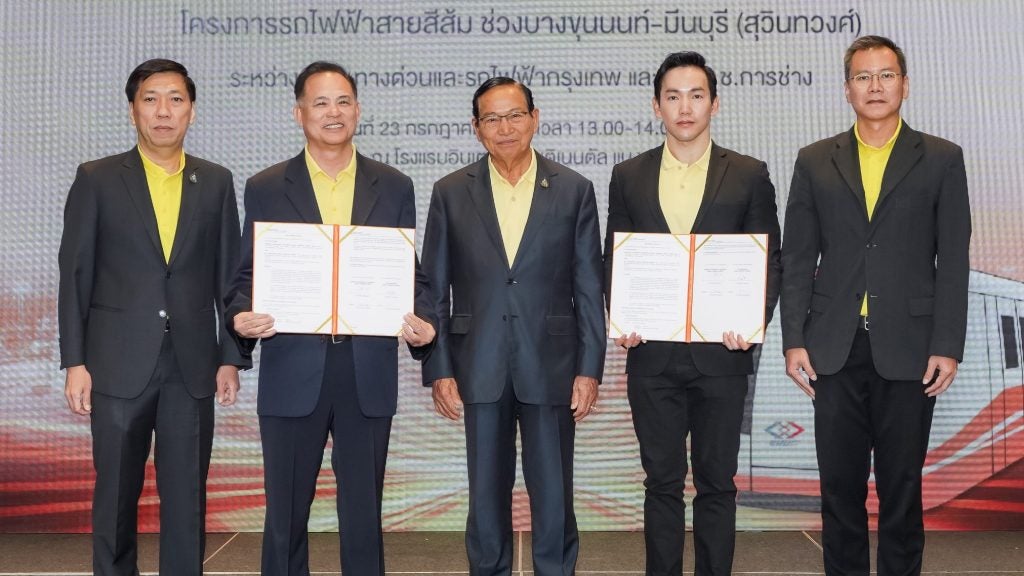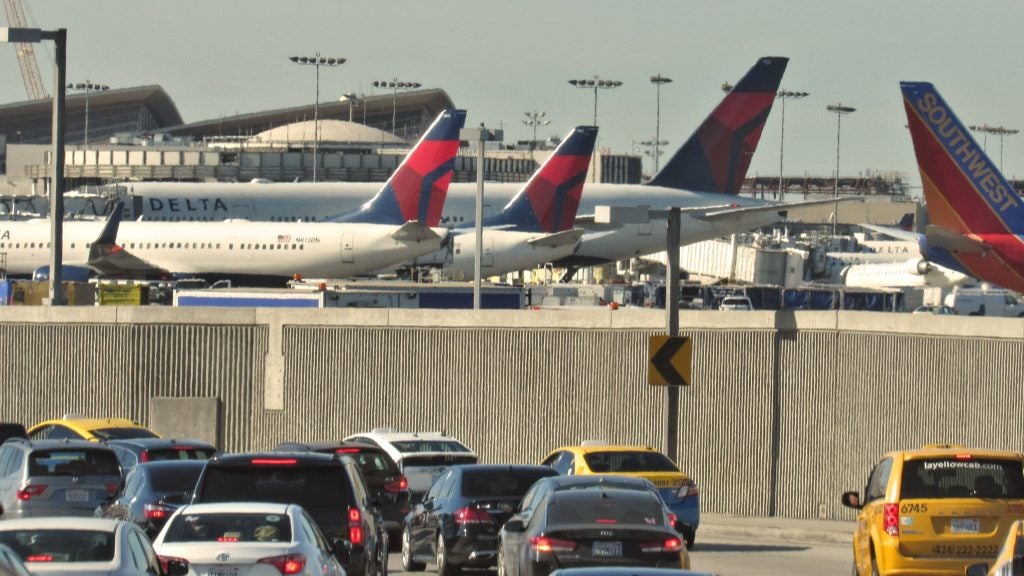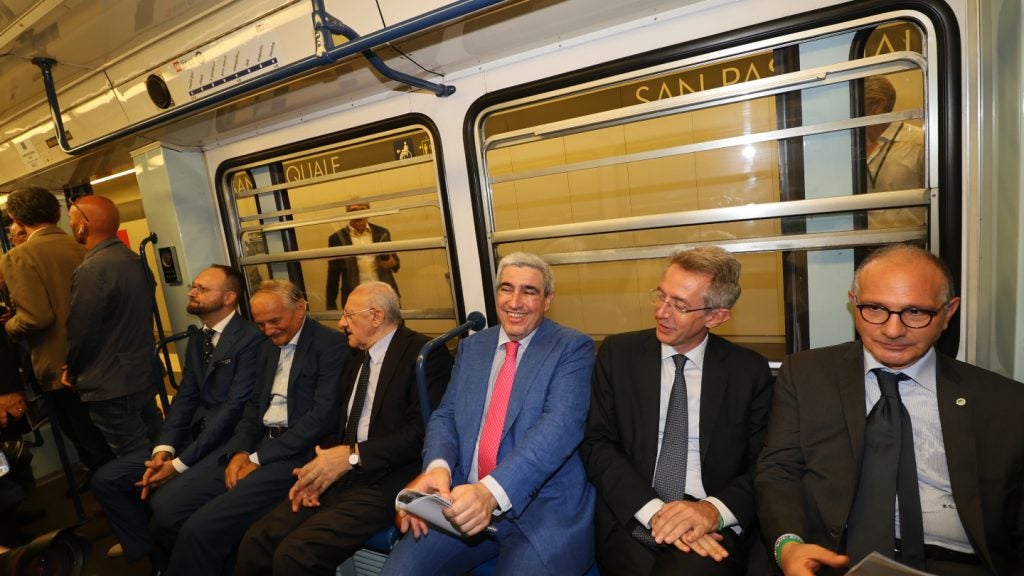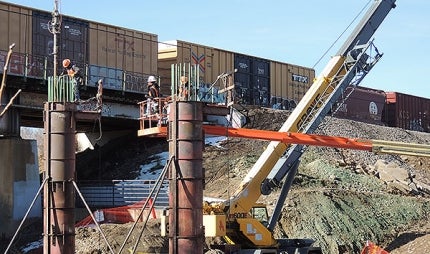
Gold Line, the new 11.2 mile (18km) electric commuter rail transit line between Union Station and Wheat Ridge being developed by Regional Transportation District (RTD), will pass through north-west Denver, Adams County and Arvada, and will feature seven new stations.
RTD received the Record of Decision for the Gold Line project in November 2009. Construction of the line began in August 2011 and opening is expected in 2016.
Gold Line route and stations
The Gold Line commuter rail project is a part of the 36 mile-long East and Gold Line Enterprise (Eagle) Commuter Rail project (Eagle P3 project), a public-private partnership project initiated for developing the commuter rail transport system in Denver. The Eagle P3 project will feature three new commuter rail lines – East Rail Line, Gold Line, and Northwest Rail Line Westminster segment – and a commuter rail maintenance facility (CRMF).
The new commuter rail transit line will start from Denver Union Station and end at Ward Road. It is estimated to have an average daily ridership of approximately 16,800 to 20,100.
The new stations along the line will include 41st Avenue, Pecos Junction, Federal, Sheridan, Olde Town, Arvada Ridge, and Ward Road stations.
Bombardier will manufacture 775 trains to replace BART’s existing fleet, under the project dubbed as Fleet of the Future.
The 41st Avenue station will be immediately to the east of the rail yards at 41st Avenue and Fox Street. The new station will have parking space for 500 vehicles, which will be increased to 1,000 by 2030.
The Pecos Junction, located immediately east of Pecos Street on the south side of the existing BNSF railroad tracks, will offer parking for 525 vehicles by 2030.
The Federal station will be located on the east side of Federal, just north of the existing BNSF freight tracks. The station will provide parking for 300 vehicles.
The Arvada Gold Strike station will be located to the east of Sheridan. The Olde Town Arvada station will have parking space for 500 vehicles and will be constructed west of Vance on the north side of the existing freight tracks.
With a current parking space of approximately 150, the Arvada Ridge station will be located west of Kipling on the north side of the existing freight tracks.
The Ward Road station will be the final stop and will be located on the north side of the existing freight tracks and east of Ward Road.
Rolling stock for the Gold Line
The commuter trains running on the Gold Line will have a passenger seating capacity of 232 and will operate at a maximum speed of 79mph. The vehicles will feature a dynamic braking system along with advanced safety features such as a positive train control and vehicle monitoring system.
The rolling stock will be equipped with an advanced video surveillance system for better security control. Advanced features such as a real-time passenger information system and ADA-compliant level boarding entry will also be included.
The trains will be powered by a 25kV AC overhead electrical system.
Contractors involved with the rail line development
The design-build-operate-maintain and finance contract for the Gold Line and other Eagle P3 elements was awarded to Denver Transit Partners (DTP), which is owned by Fluor Enterprises, Uberior Infrastructure Investments and Laing Investments.
Hyundai Rotem was contracted to supply electric commuter trains for the Gold line. The first four cars were assembled at the Changwon plant in South Korea, while the remaining cars will be assembled at its Philadelphia plant.
PCL Construction was awarded the contract for the construction of the commuter rail maintenance facility. The commuter rail maintenance facility, expected to complete in 2014, will be located adjacent to the Gold Line, to the north of 48th Avenue and is expected to accommodate nearly 80 commuter rail vehicles. Apart from serving the Eagle P3 Project lines, the CRMF will also serve RTD’s North Metro Rail Line, which is expected to start operations in 2018.

